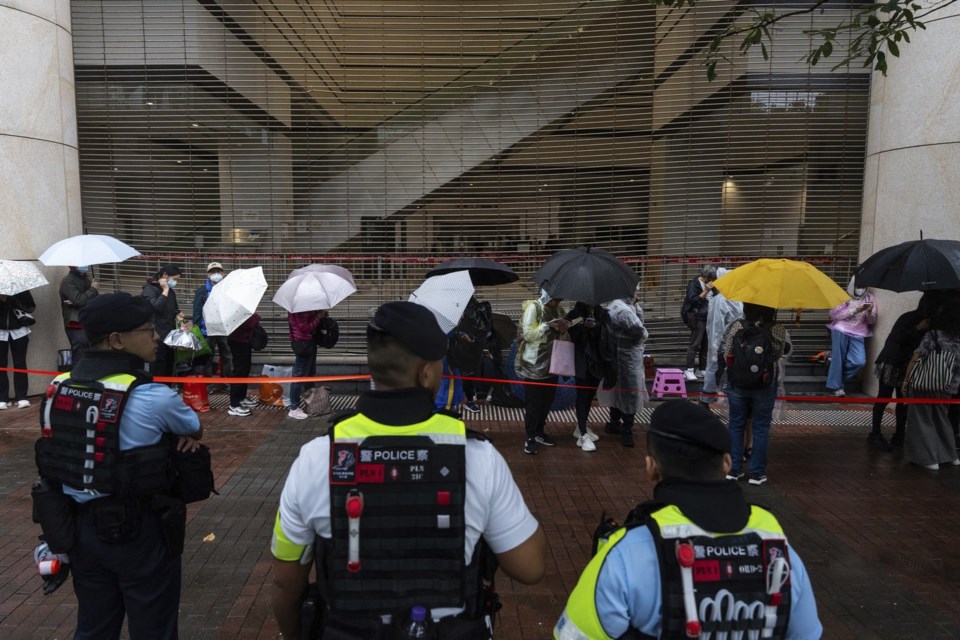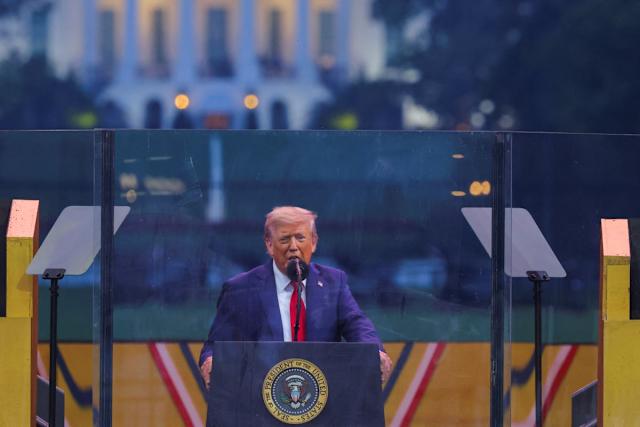In an unprecedented turn of events, Hong Kong has witnessed its largest national security trial to date, culminating in the sentencing of 45 activists to prison terms ranging from four to ten years. This case marks a significant chapter in the city’s political history, showcasing the reach and implications of Beijing’s National Security Law, imposed in June 2020. The sweeping sentences have drawn international scrutiny and reignited debates over the erosion of freedoms in the semi-autonomous city.
Background of the National Security Law and Its Implications
The National Security Law (NSL) was introduced by Beijing to combat what it described as threats of secession, subversion, terrorism, and collusion with foreign forces. Critics argue that its vague provisions allow for wide interpretation, effectively stifling dissent and curbing democratic activism.
Since its implementation, the NSL has profoundly reshaped Hong Kong’s political and legal landscape. Institutions that once championed autonomy and free speech have been under pressure to align with Beijing’s directives. Protests, which were a hallmark of the city’s vibrant political scene, have significantly diminished under the fear of arrest and prosecution.
The trial of the 45 activists underscores the reach of the law, with its focus on individuals who were once prominent voices advocating for democracy. Their prosecution has sent shockwaves through Hong Kong and beyond, symbolizing a chilling message to those who dare to challenge the status quo.
Who Are the 45 Activists?
The individuals involved in this case include a mix of political leaders, community organizers, and young activists. Many were associated with the pro-democracy camp, participating in the unofficial primaries in July 2020 that aimed to secure a majority in the city’s legislature.
These primaries, which drew over 600,000 voters, were viewed by the Hong Kong government as a subversive plot to paralyze the government. Authorities claimed that the plan to use legislative veto powers constituted an act of “subversion,” a charge under the NSL.
Among those sentenced are Joshua Wong, a globally recognized figure in the pro-democracy movement, former legislators like Benny Tai and Alvin Yeung, and a host of young activists who rose to prominence during the 2019 protests. Their imprisonment marks a sharp decline in the presence of opposition voices in Hong Kong’s public sphere.
Charges and Sentences
The 45 activists were charged primarily with “conspiracy to commit subversion.” Prosecutors argued that their participation in the primary elections was a calculated attempt to overthrow the government by blocking the passage of key policies, which they labeled a threat to national security.
The court handed down sentences ranging from four to ten years, reflecting the severity with which the authorities viewed the case. Factors such as the activists’ level of involvement, influence, and public statements were considered during sentencing.
For instance:
- Joshua Wong received a ten-year sentence due to his perceived leadership role and influence on younger generations.
- Benny Tai, a university professor and mastermind behind the primaries, was sentenced to eight years.
- Several lesser-known activists received four to six years for their participation in the primaries and related activities.
Impact on Hong Kong’s Civil Society
The sentencing has had a profound impact on Hong Kong’s civil society, particularly on its once-thriving pro-democracy movement. The convictions serve as a stark warning, creating a climate of fear and self-censorship. Many activists have either fled abroad or ceased their political activities altogether.
Non-governmental organizations (NGOs) and advocacy groups have also faced mounting challenges. Several have disbanded due to fears of prosecution under the NSL. Journalists and media outlets have experienced increasing pressure, with some prominent outlets shutting down.
This climate of repression has left many Hong Kong residents feeling disillusioned and silenced. For a city that once prided itself on its vibrant civil discourse, the current environment represents a drastic departure from its past.
Reactions from the International Community
The sentencing has drawn widespread criticism from the international community, including governments, human rights organizations, and advocacy groups. The United States, the European Union, and the United Nations have condemned the sentences, citing concerns over the law’s implications for human rights and the rule of law.
- Antony Blinken, U.S. Secretary of State, called the sentences a “grave injustice” and reiterated Washington’s support for Hong Kong’s autonomy and democratic values.
- Amnesty International described the trial as a “mockery of justice,” arguing that the activists were prosecuted for exercising their fundamental rights.
- Beijing’s Response: In contrast, Beijing has defended the sentences as necessary for maintaining stability and security in Hong Kong. Chinese officials have dismissed international criticism as interference in China’s internal affairs.
The Legal Process and Controversies
The trial process itself has been mired in controversy. Critics argue that the NSL undermines the city’s judicial independence, as cases under the law are often handled by judges handpicked by the Hong Kong Chief Executive.
Moreover, the defendants faced significant challenges, including:
- Denial of Bail: Many activists were detained for over a year before their trial, as bail is rarely granted in NSL cases.
- Limited Access to Legal Representation: Some defendants reported difficulties in securing independent legal counsel due to the chilling effect of the law.
These issues have raised questions about the fairness of the trial and whether the sentences were politically motivated rather than grounded in genuine national security concerns.
Broader Implications for Hong Kong and Beyond
The case of the 45 activists is emblematic of the broader changes in Hong Kong since the introduction of the NSL. It reflects a shift in the city’s governance, with Beijing exerting unprecedented control over its political and legal systems.
For Hong Kong residents, the sentences serve as a reminder of the risks associated with dissent. The chilling effect extends beyond politics, influencing sectors such as academia, media, and even cultural activities.
Globally, the case has implications for how other nations interact with China. It highlights the challenges of balancing economic ties with Beijing against concerns over human rights and democratic values.
Conclusion
The sentencing of 45 activists to prison terms ranging from four to ten years marks a defining moment in Hong Kong’s political history. It underscores the reach of Beijing’s National Security Law and its impact on the city’s once-thriving pro-democracy movement.
While the Hong Kong government and Beijing frame these actions as necessary for stability and security, critics see them as a fundamental threat to the freedoms that set the city apart as a global hub. The international response, though vocal, has yet to bring tangible changes, leaving many to question the future of democracy and autonomy in Hong Kong.
For now, the sentences stand as a stark symbol of the shifting tides in the city—where the echoes of freedom are fading under the shadow of the law.



